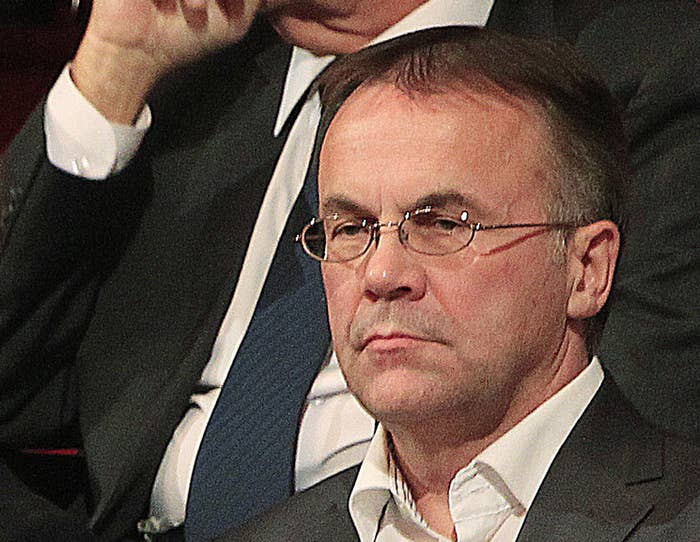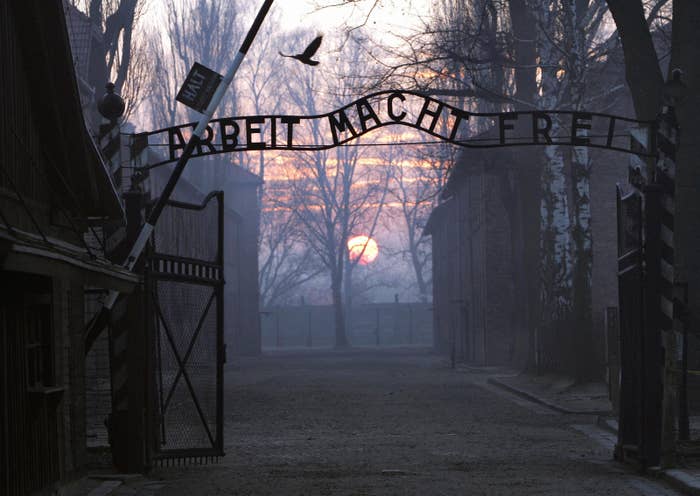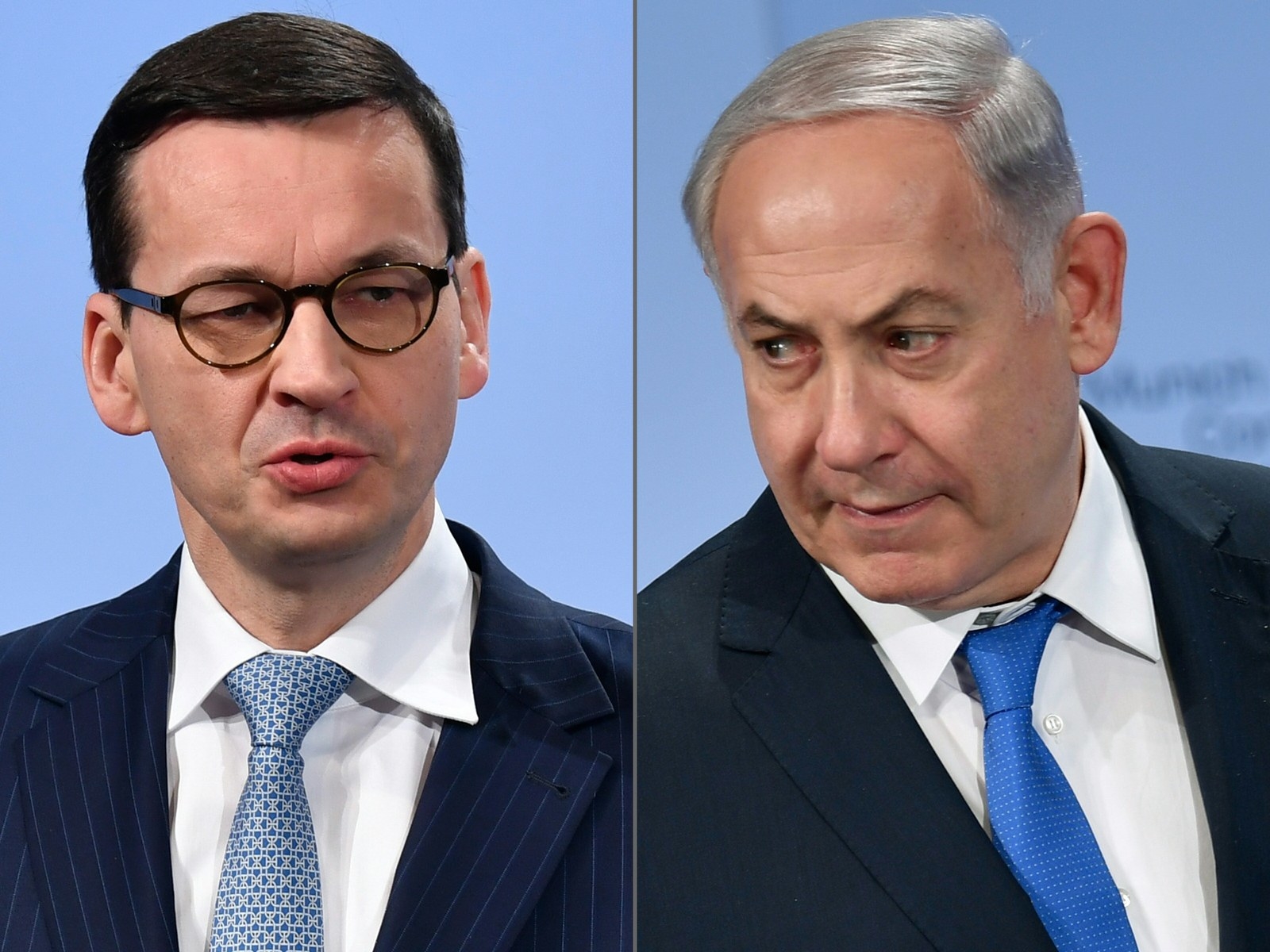
A minister in the Polish government has backed the idea of building a "Polocaust" museum dedicated to the non-Jews who died in Poland during World War II.
Deputy Minister of Culture Jarosław Sellin said "this terrible fate" deserved to be shown to the world.
"I believe that the story of the fate of Poles during the Second World War ... deserves such a story," he said during a Tuesday appearance on Poland's Radio One.
Sellin was being interviewed to promote a plan to expand an existing museum in Poland – dedicated to Poles who saved Jews during World War II – to have a branch in Manhattan, "because this is the city where the most Jews in the world live." The goal, he said, is for "this story to be close to this community."
But Sellin was also asked to respond to the "Polocaust" museum proposed yesterday by an influential columnist and political consultant, Marek Kochan, as a way to respond to the outpouring of public criticism of a law enacted last week that criminalizes blaming Poland for the Holocaust.
"The State of Israel has succeeded in imposing a narrative reducing the victims of the war to the victims of the Holocaust. And yet no death resulting from criminal intentions is better or worse than another," Kochan wrote in the Rzeczpospolita newspaper.
Kochan, who has advised politicians including the chairman of Poland's ruling Law and Justice Party, wrote: "Every state has the right to its own historical policy, Israel has it, Poland has it. The Polocaust is not the Holocaust. It is something different, but also threatening the existence of an entire nation. Polish victims also have the right to be commemorated."

Six million people were killed in Poland during World War II – about half are estimated to have been Jews and the rest ethnic Poles and members of other groups.
Many Poles feel that their plight during the war — in which both Hitler and Stalin wanted to destroy the Polish state — has been ignored. They also feel that calling camps like Auschwitz "Polish death camps", which were built by Nazi Germany in occupied Poland, unfairly implicates Poland in the death of Jews, which led to the new Holocaust law being passed.
More than 6,000 Poles risked a death sentence to save Jews, and they are honored at a memorial in Israel as well.

Critics of Poland's new Holocaust law say it could silence discussion of the multiple incidents during the war when Poles committed riots against Jews or otherwise collaborated with Nazi genocide. The new law has been condemned by the Israeli and US governments, Jewish groups, and historians.
The diplomatic fallout continued over the weekend when the country's Prime Minister Mateusz Morawiecki suggested there were also "Jewish perpetrators" during the conflict, and there has been a surge of anti-Semitic incidents in Poland.
Kochan acknowledged naming his proposed museum after the "Polocaust" would be controversial, but he used an entry on Urban Dictionary to claim the term had been in use since at least 2012.
He also said the proposed museum should recognize the deaths of Jews and suggested inviting Israeli Prime Minister Benjamin Netanyahu for the opening. "As the last debate has shown, in Israel there is a deficit of knowledge about the Second World War," he wrote.

